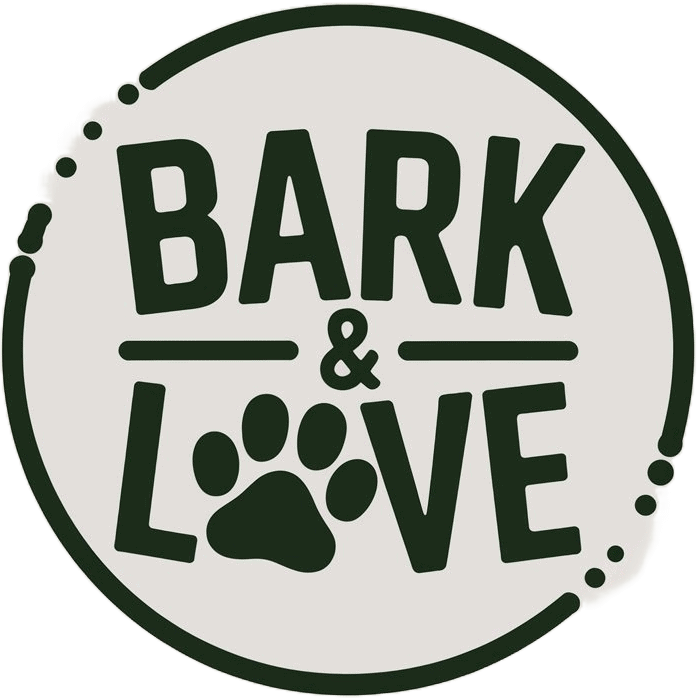We all know that dogs are like furry vacuum cleaners, ready to scarf down anything that remotely resembles food. But just because they can eat it doesn’t mean they should.

In fact, some of the most common ingredients in dog food can be responsible for causing food allergies in our beloved pets.
If your dog has been itching, scratching, or showing signs of digestive distress, food allergies might be to blame.
The Top 11 Most Common Food Allergens for Dogs
So, what are the top food allergens for dogs? Let’s break down the 11 most common culprits that could be causing your dog’s discomfort and how to spot the signs of a food allergy.
1. Beef: The Big Beefy Problem
Can dogs eat beef? Beef is a common protein source in dog food, but it’s also one of the top food allergens for dogs. If your dog is allergic to beef, they might develop itchy skin, ear infections, or even chronic gas (yep, the kind that makes everyone want to leave the room).
So, while your dog might drool at the sight of a beefy treat, it could be doing more harm than good.

2. Chicken: The Feathered Foe
Just like beef, chicken is a major ingredient in many dog foods and treats. However, it’s also a leading cause of food allergies in dogs.
If your dog’s been licking their paws or has a rash that just won’t quit, chicken might be the sneaky culprit. Time to cut out the chicken and see if the scratching subsides!
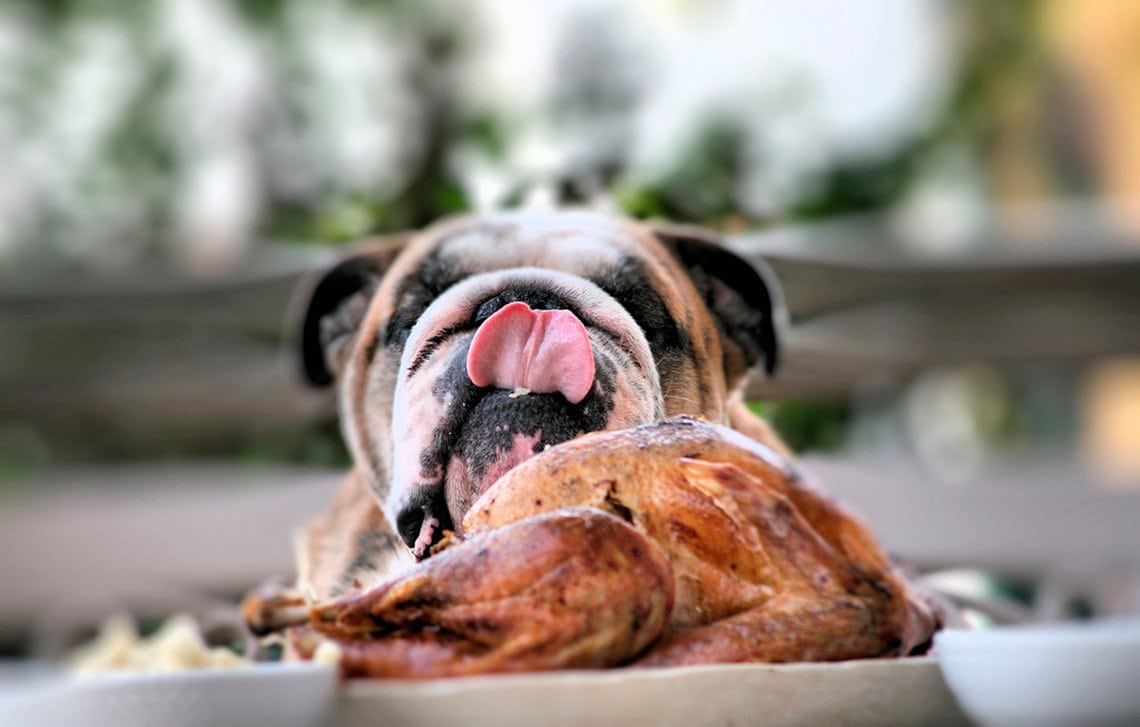
3. Dairy: The Creamy Catastrophe
Dogs and dairy don’t always mix well. Many dogs are lactose intolerant, meaning dairy can cause digestive issues like diarrhea and vomiting.
Even if your dog isn’t lactose intolerant, dairy products can still cause allergic reactions, leading to itchy skin, ear infections, and even swelling.
As much as they may beg for cheese, it’s best to keep the dairy treats to a minimum.
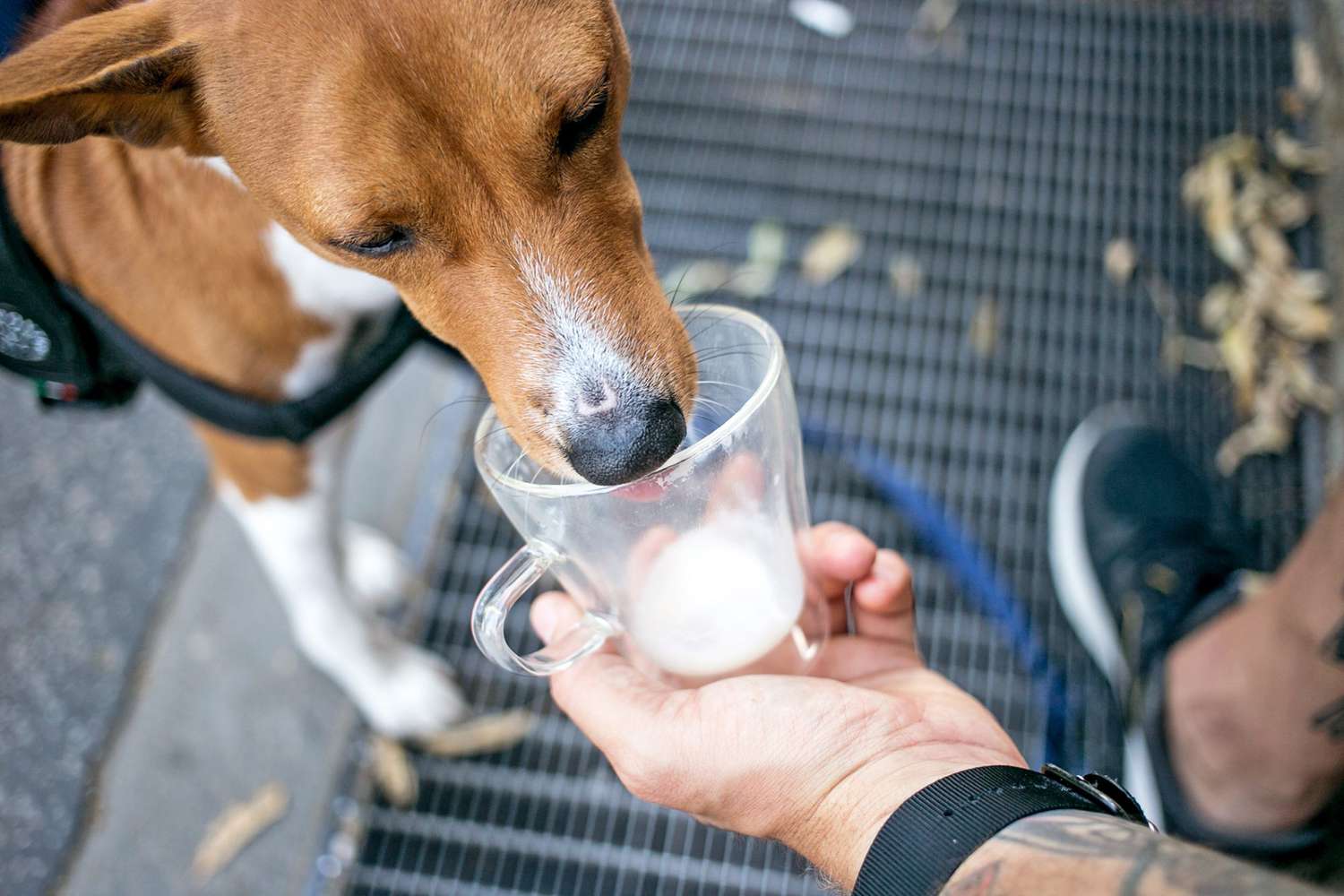
4. Wheat: The Glutinous Grief
Is wheat safe for dogs? While gluten-free diets might be all the rage for humans, wheat is also a common allergen for dogs. Symptoms of a wheat allergy can range from itchy skin to chronic ear infections and even gastrointestinal upset.
If your dog’s been doing more scratching than napping, it might be time to consider a grain-free option.

5. Eggs: The Egg-citing Allergy
Eggs are a great source of protein, but they can cause problems for some dogs. Dogs with egg allergies may experience itchy skin, gastrointestinal upset, or even trouble breathing.
If your dog’s been reacting poorly to their egg-filled meals, it’s time to scramble your dog’s diet and try something different.
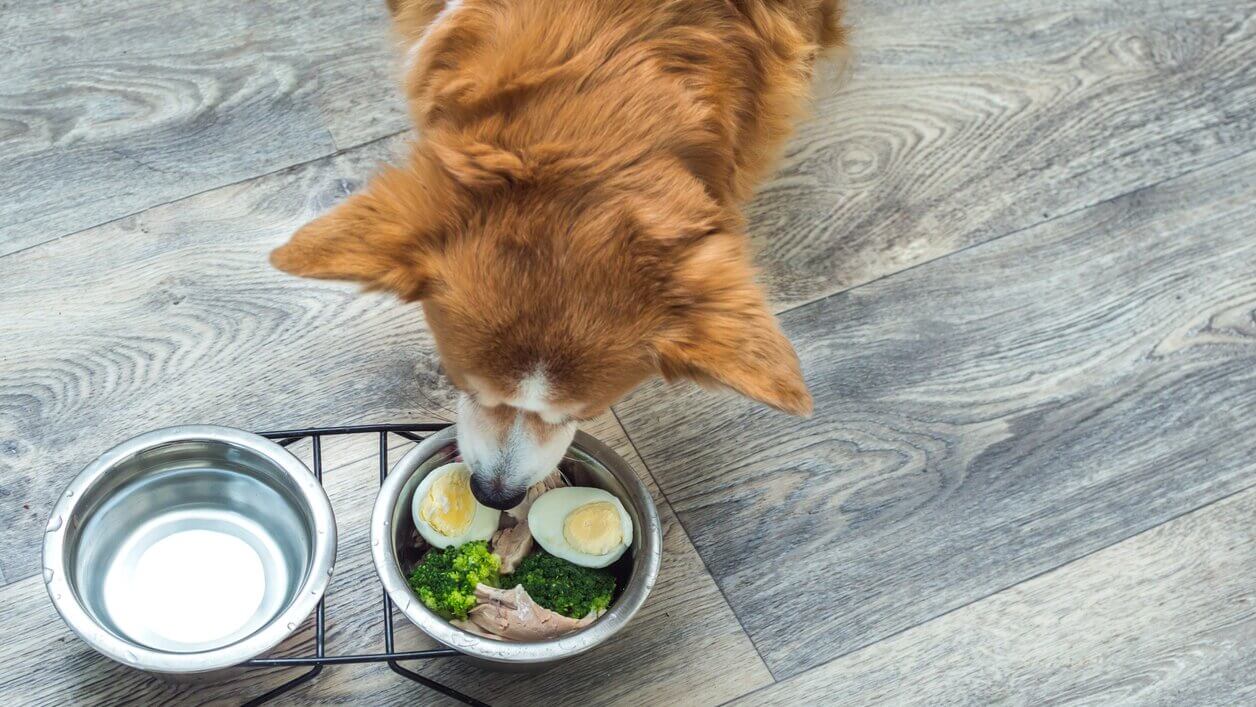
6. Soy: The Sneaky Soy Struggle
Can dogs eat soy? Soy is often found in dog food as a filler or plant-based protein. However, for some dogs, soy can cause allergic reactions that lead to itchy skin, lethargy, or digestive problems.
If your dog seems to be sluggish or scratching more than usual, soy might be the ingredient that’s sabotaging their well-being.
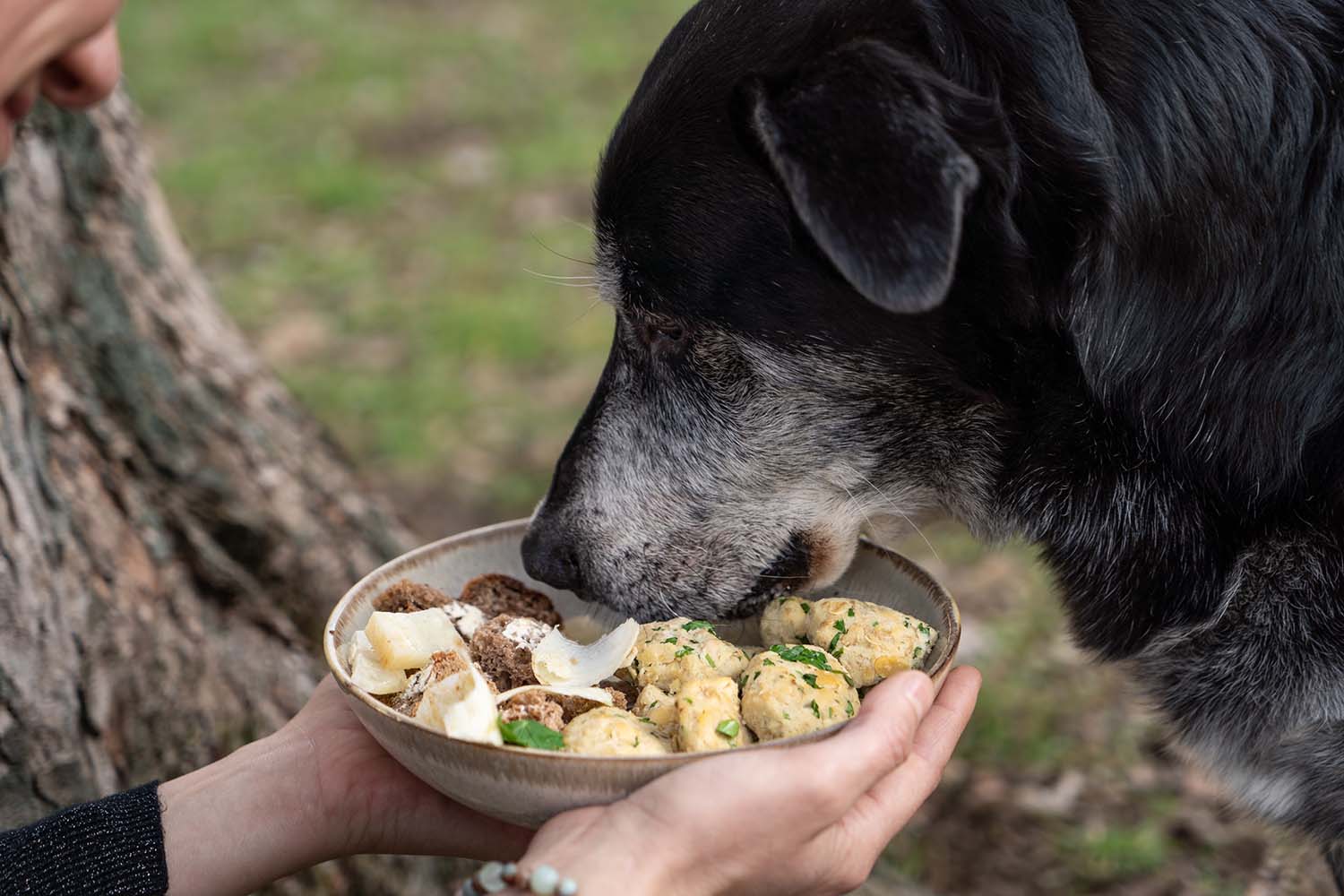
7. Corn: The Kernel of Chaos
Corn is another common filler in dog food, but for some pups, it’s also a top allergen. Corn allergies can manifest as skin problems, digestive upset, or even respiratory issues.
While it might be in a lot of kibble, corn can be rough on sensitive dogs, so keep an eye out for signs of intolerance.
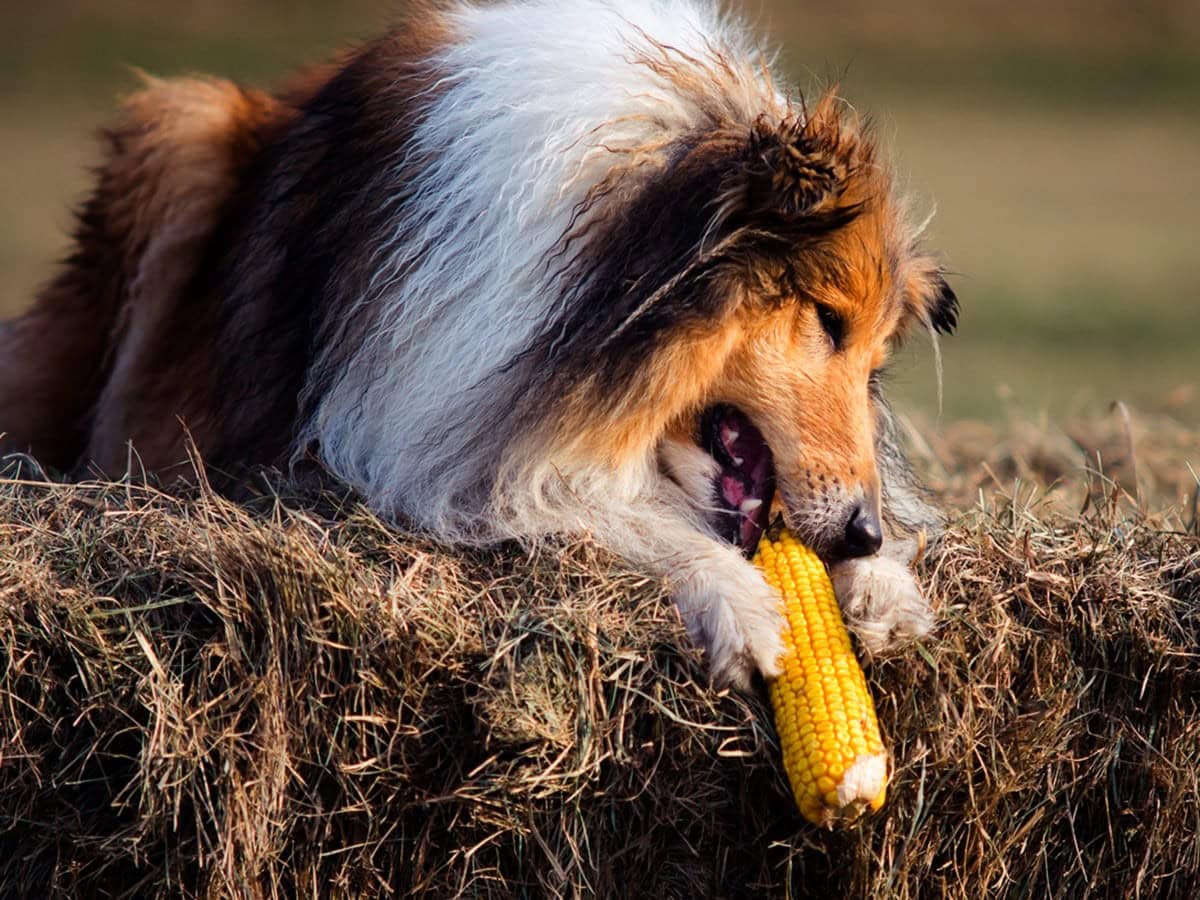
8. Lamb: The Baa-d Surprise
Lamb used to be the go-to alternative protein for dogs with food allergies, but now it’s becoming a common allergen itself.
If your dog’s been itching and scratching after devouring their lamb-flavored kibble, it might be time to try a different protein. Who knew lamb could cause so much baa-d news?

9. Fish: The Finicky Fishy Issue
Fish might be packed with healthy omega-3s, but it’s also on the list of potential food allergens for dogs. If your dog has been experiencing itchy skin, vomiting, or other allergic reactions after a fish-based meal, you may need to switch their protein source.
Fish might be swimming under the radar, but it could be what’s troubling your dog.

10. Pork: The Piggy Problem
Pork is another protein source that can cause allergies in some dogs. If your dog is experiencing digestive issues or itchy skin after a porky meal, it might be time to remove this piggy protein from their diet.
No more bacon bits for Fido!
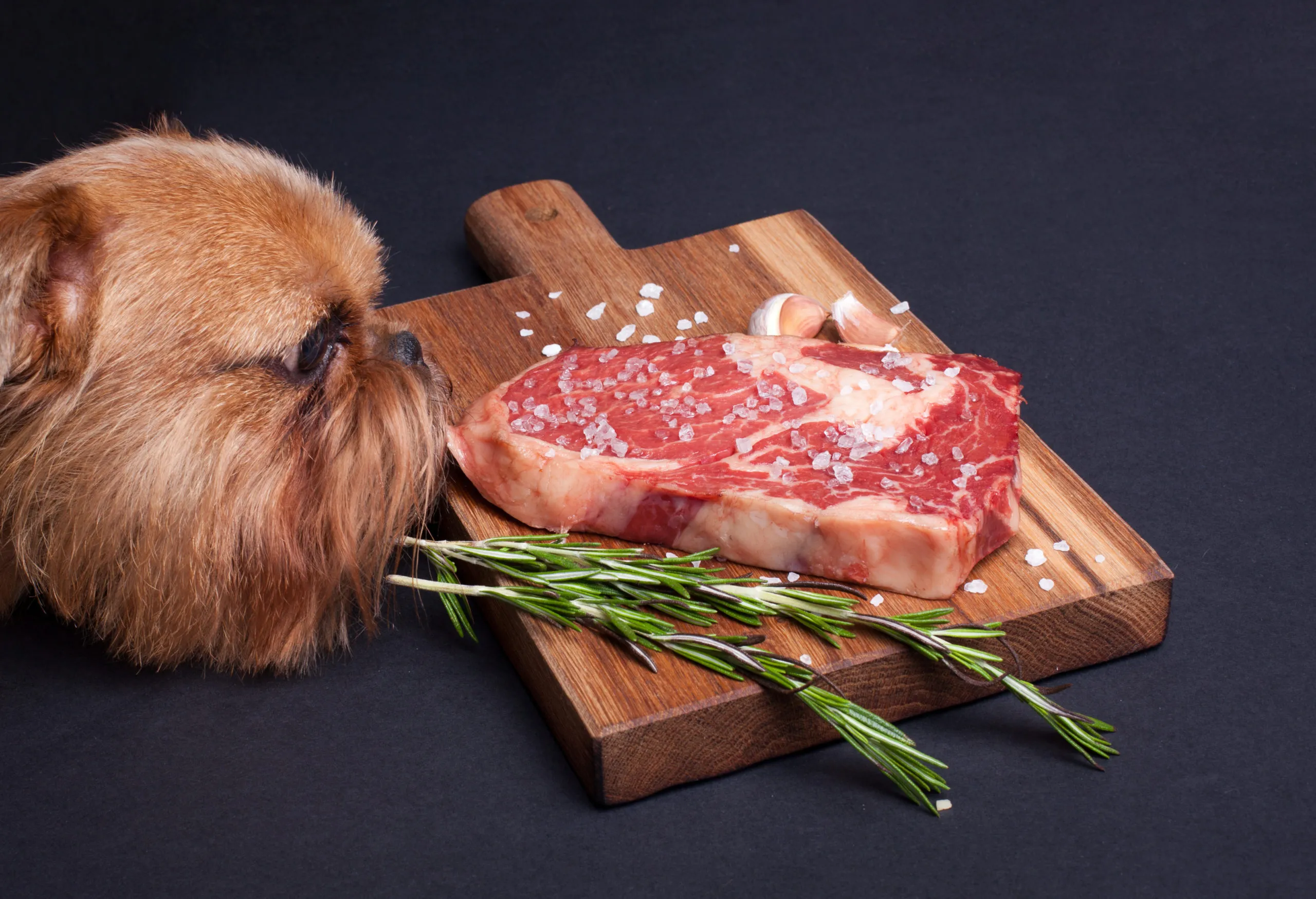
11. Rice: The Surprising Rice Riddle
Rice is often considered a bland and easy-to-digest food for dogs with upset stomachs, but it can also be an allergen.
Symptoms of a rice allergy can include itching, skin problems, or digestive issues. If your dog’s having trouble after their rice-based meal, this grain might be the grain of discontent.
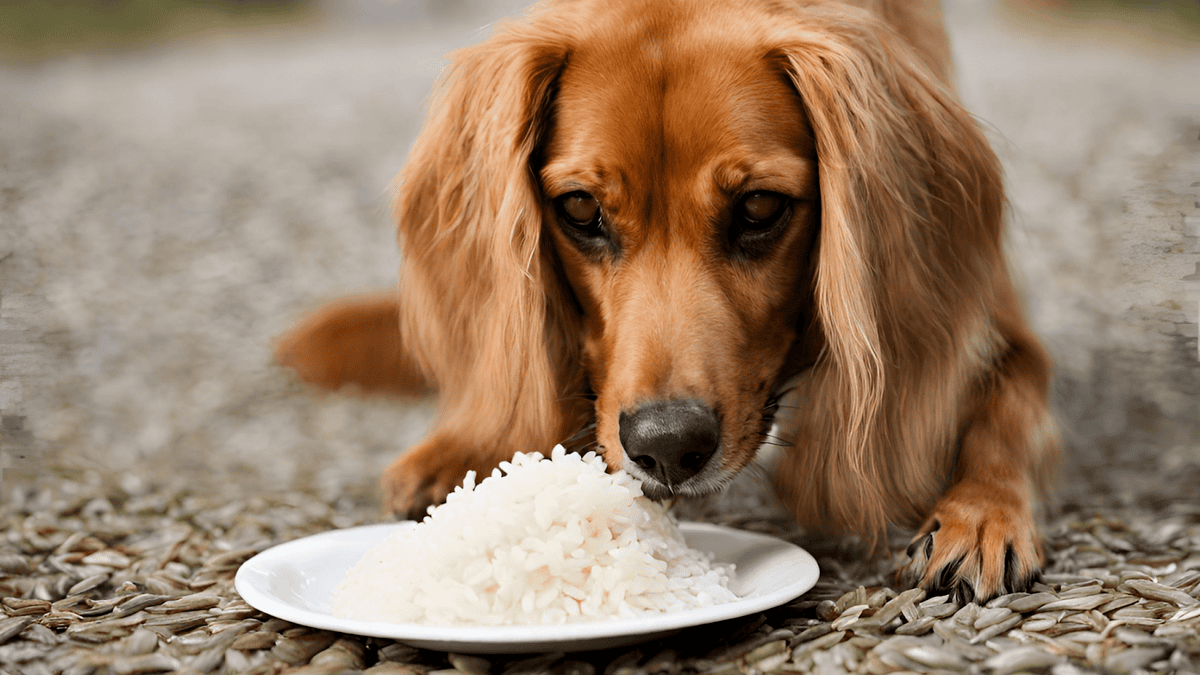
How to Spot a Food Allergy in Your Dog
Food allergies in dogs can show up in several ways. Here are the most common symptoms to watch for:
- Itchy skin: Excessive scratching, especially around the face, ears, paws, and belly.
- Digestive issues: Vomiting, diarrhea, or gas (the kind that clears a room).
- Ear infections: Frequent ear infections or signs of discomfort in the ears.
- Respiratory problems: Coughing, sneezing, or wheezing after eating certain foods.
If you notice these symptoms, it’s time to consult your vet.
They may suggest an elimination diet, where you gradually remove certain ingredients from your dog’s meals to determine the allergen. It’s a process of trial and error, but your dog’s comfort and health are worth it.

Final Thoughts: A Dog’s Menu Matters
At the end of the day, keeping our dogs healthy and happy is what matters most. Food allergies can be tricky to navigate, but once you pinpoint the problem, you can easily switch up their diet to something that agrees with them.
Your dog will thank you with fewer itches, better digestion, and of course, plenty of tail wags.
So, next time you’re choosing food for your furry friend, keep an eye out for these common allergens, and remember—what works for one dog might not work for another.
Every dog is unique, even when it comes to allergies!
